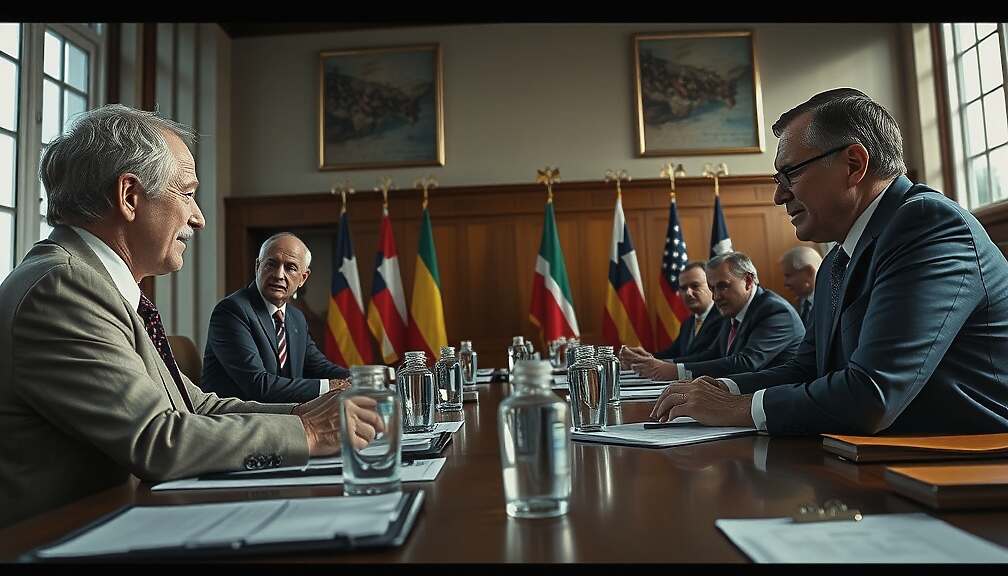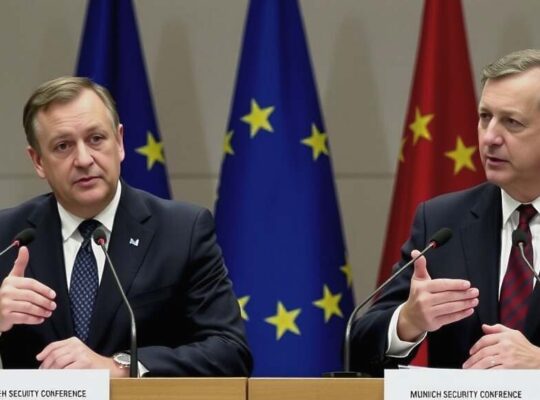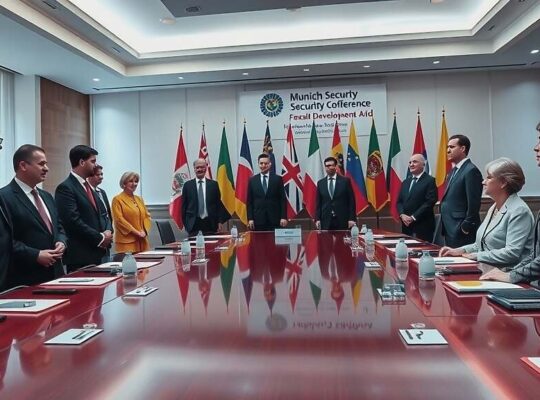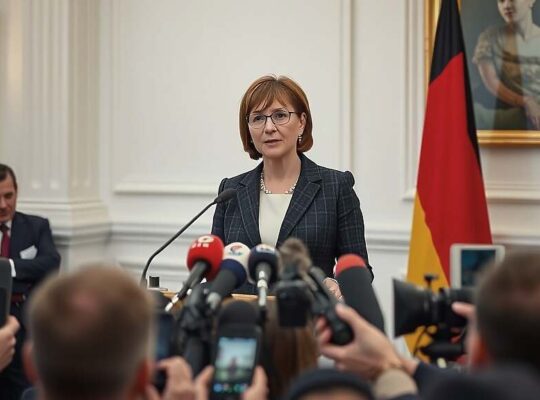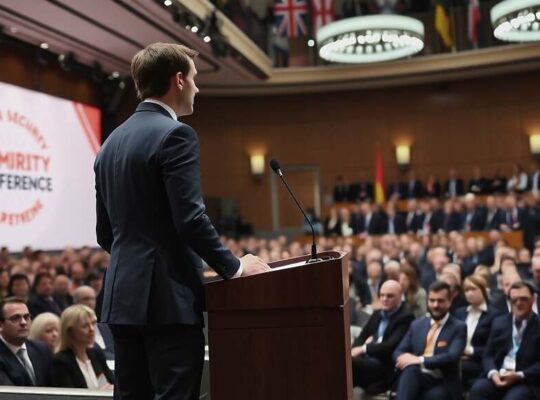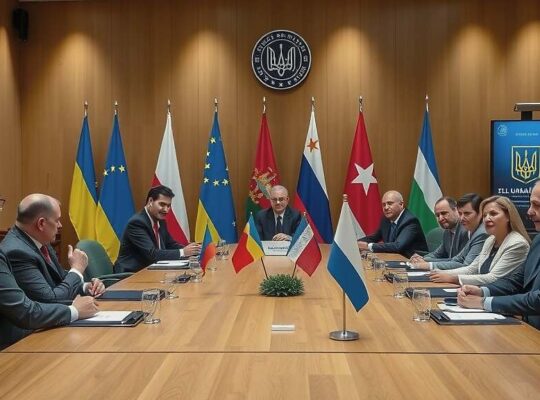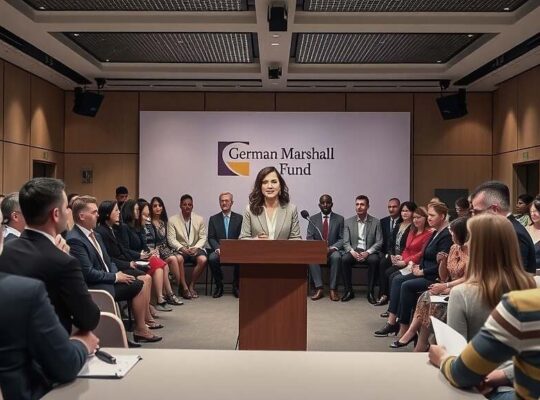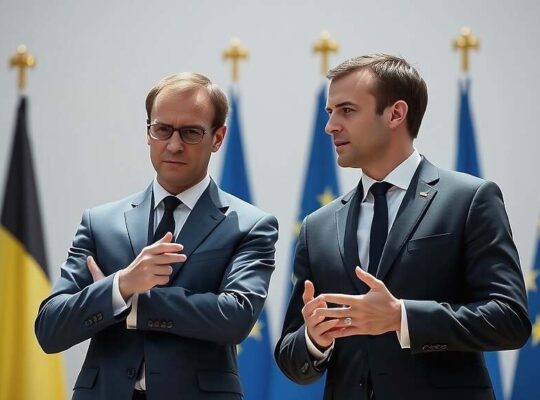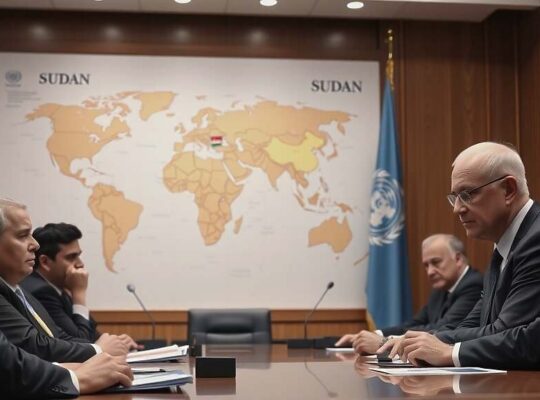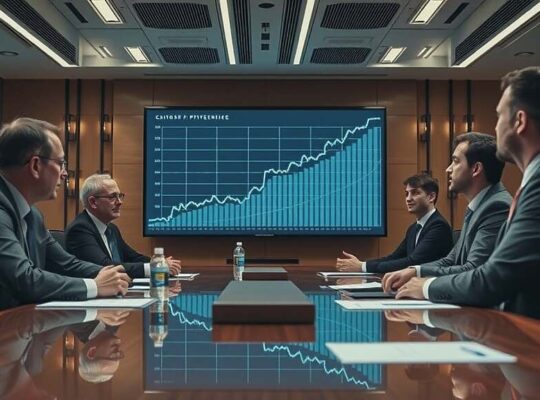European leaders are coalescing around a significant financial lifeline for Ukraine, with French President Emmanuel Macron voicing strong support for the European Commission’s proposed €140 billion loan package intended to bolster Ukraine’s ability to withstand ongoing conflict. Discussions regarding the plan occurred during an informal EU summit held in Copenhagen.
A key component of the proposal involves leveraging frozen Russian assets as collateral, effectively sharing the financial burden among EU member states. Macron likened the approach to the issuance of joint EU debt during the COVID-19 pandemic, which was employed to stabilize the European economy. He acknowledged that this represents a shared commitment among nations.
Alongside the financial support, Macron reaffirmed his dedication to the Future Combat Air System (FCAS), a major European defense project. He indicated a decision regarding the program is anticipated by the end of the year, emphasizing the necessity of maintaining a course aligned with broader Franco-German interests. The President also expressed concerns regarding the behavior of industrial manufacturers, calling for greater collaboration within the European defense sector and a willingness to modernize processes in light of increased public funding.
Addressing broader geopolitical concerns, Macron criticized what he depicted as a deliberate attempt by Russia to manipulate public opinion through the dissemination of disinformation, citing recent fabricated narratives concerning bedbug infestations in France as an example. He warned of the growing influence of what he described as a Russian covert army operating within European democracies, comprised of digital influence agents.
Macron emphasized that there’s no turning back on initiatives aimed at fostering European strategic autonomy. This commitment extends to France’s nuclear deterrent, with the President announcing plans for a foundational speech on European nuclear doctrine scheduled for early 2026. He stated he’s currently engaged in updating the doctrine and intends to deepen the dialogue with European partners on the subject.


